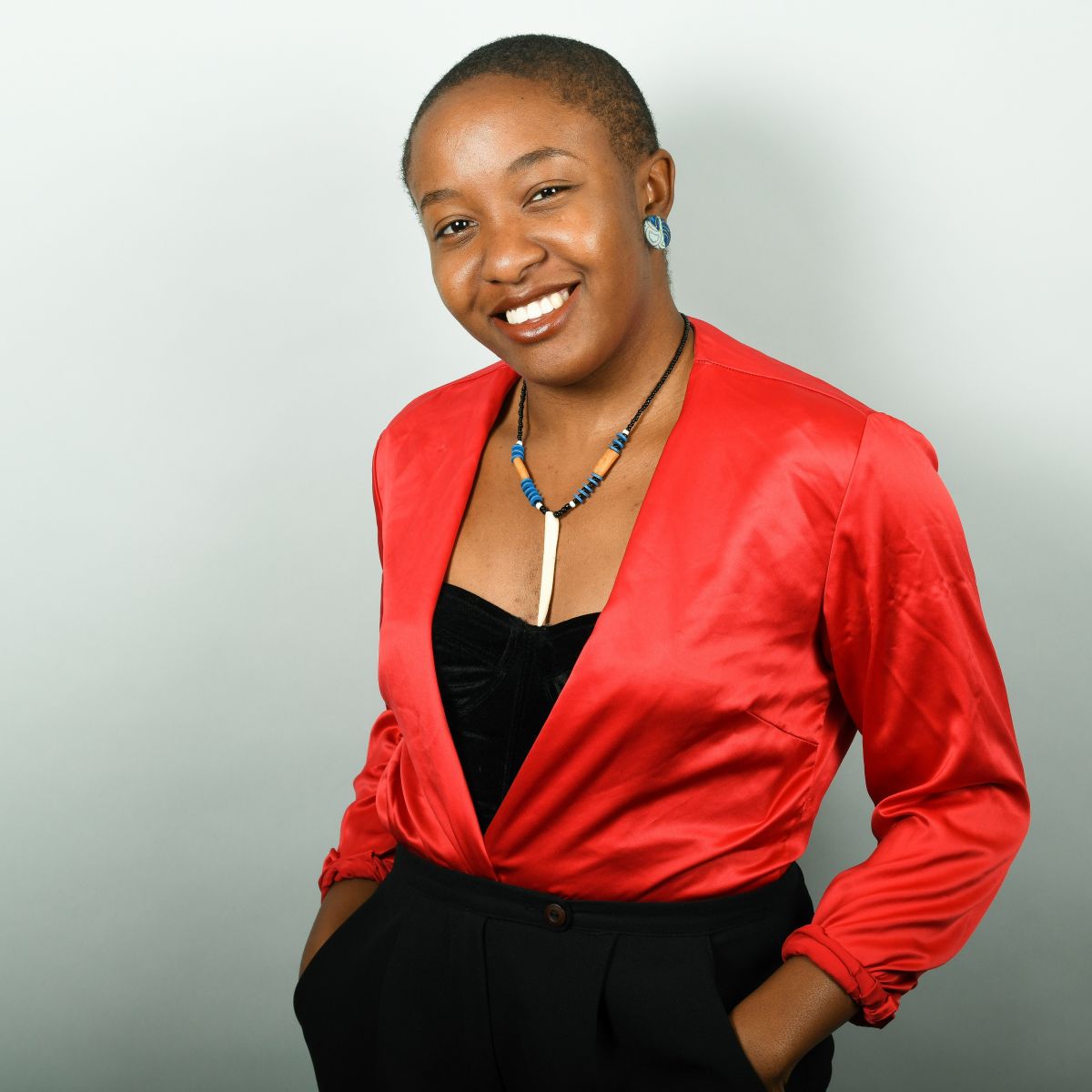
Raised by Nigerian immigrants, Beverly was able to grasp, from an early age, the fluidity of her identity as both Nigerian and Canadian. Surrounded by the rich culture and traditions established within her African home, her adoration and curiosity towards her heritage and parent’s country of origin were so strong that she remembers requesting that her mother call her only by her Edo native name, Adesuwa, at the age of six. Spending her early years in Toronto and later moving to Brampton, these diverse environments would go on to deeply shape her future ambitions and form a passion for understanding cultures and how they interact with the world. Beverly holds a Bachelor of Humanities degree, with a specialization in African Studies and Political Science, from Carleton University. She was the first recipient of the 2018 Maurice Price Summer Research Internship. Through this internship, Beverly studied the early formations of the Anglo-African literary canon and the treatment of Flora Nwapa, the first African woman novelist to be published internationally. Upon entering graduate school, Beverly was also awarded the 2019-2020 Kenneth Carter Graduate Award in recognition of her ongoing community engagement initiatives and ambitious professional aspirations. In fall 2019, Beverly joined the Queen's Political Studies community as a candidate of the MA in Political and Legal Thought program.
What is your area of research?
My academic background was always quite interdisciplinary and my research has always reflected that. Sometimes I’m working on feminism and African literature, other times I study international law, and in another instance, it may be spirituality and the African diaspora. My curiosity is quite expansive; however, the common threads of my interests have consistently been post- and anti-colonial theory, contemporary political theory, African politics, and identity politics discourse.
Why did you decide to pursue this area of interest?
From when I first began studying politics, I was intrigued by two things: first, the way we create worlds based on the perception or sense of self, and second, the way these ‘selves’ are subjected to others’ perceptions and world-making. Hence for me, a study of identity, representation, perception, and the way these things unfold is a starting point in reading politics. This can incredibly broad, so I choose to focus my research on Africa — usually Nigeria, to be specific. I’m always thinking about how the world interacts with African peoples and peoples of African descent, what world do we (Africans/Black people) create for each other, and from what. These thoughts are what make my areas of research so diverse; yet, even so, my research is always guided by my heritage, so I think I’m constantly in a state of unravelling and testing my identity through my work.
What impact do you hope your research will have?
Oddly enough, research still feels very personal for me. I sought a Master’s degree because I enjoy the pursuit of knowledge and felt there were still so many questions to answer after my undergraduate degree. As a personal project, I hope that this will give me the tools and knowledge to improve my scholarly practice. Externally, I hope my research will provide an avenue for extending conversations on how we engage with Africa.
Why did you choose Queen's to complete your MA?
I chose Queen’s University because I admired the work of its professors, and the structure of the PLT program suited my plans and interests. Before arriving, I knew I had wanted to work with Professor MacDonald, and I was delighted to have her supervise me. I was equally very excited to have the chance to speak with Professor Bouka and eventually have her as a second reader. Talking to and learning from these professors was truly a highlight in my Queen’s experience. Moreover, given my humanities background, I saw the advantage of having an interdisciplinary program and recognized the uniqueness of it being 1-year. When I received the offer, it felt like the right choice.
What are your plans following the completion of your MA?
After completing my MA, I’m planning to take some time to let the knowledge I gained ferment in my mind. One year is a short time to consume so much knowledge, so I primarily plan to just sit with what I’ve learned and apply what I can in a professional capacity before making substantial career moves. Resting is a priority, especially having completed this project and degree during a pandemic. Eventually, I plan to attend law school and later obtain a PhD.